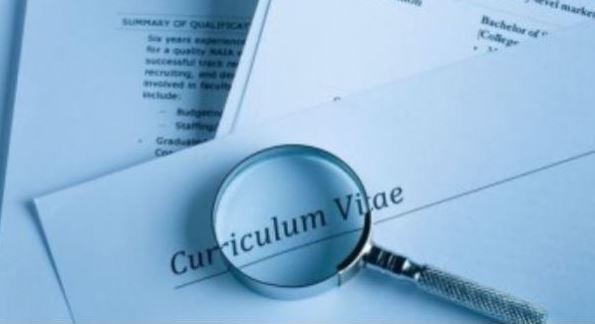Lifestyle
4 things you should never include on your CV
When preparing your CV, people often want to write a lot of things in order to make your CV look full and interesting, thus neglecting the important details that should be on the CV.
Following is a list of some of the things that should not be in your CV in order to give yourself a better chance at a call back, provided by Indeed Career Guide.
1. Inaccuracies about your qualifications or experience
Top among the things not to put on your resume are dishonest statements. These can be half-truths, inaccuracies or misleading information, but they all amount to the same thing. Many hiring managers are actually quite flexible about their requirements and will consider an applicant who has the right attitude even if they don’t meet all the criteria, so avoid embellishing your history.
2. Your age
Although hiring managers do their best not to form preconceptions of applicants, it’s much better not to provide any information that could work against you. There was a time when people routinely included their birth date on their resume, but it’s now acceptable to exclude references to your age as much as possible. If the role you are applying for has age-related requirements, you can simply state that you meet them and don’t go into any more detail.
3. Unnecessary personal information
Your resume is a place to showcase the achievements that make you a great employee, so stick to the information that’s most relevant to the job. If you had a particularly life-changing experience that led you to your current career, you could include a brief explanation, but otherwise, consider saving the rest for an interview.
4. Miscellaneous extra content
Your resume should focus on what you can bring to an employer, so you can also leave out anything that doesn’t contribute to that, including:
-
Photographs: Keep your resume to plain text unless specifically requested.
-
Contact details for your references: Your employer will ask for these if they need them.
-
Unexceptional academic results: Instead, draw attention to more positive achievements.
-
Company-specific jargon: Use terminology that anyone can understand.
-
Non-business social media or websites: Only give details of relevant sites you use for work.
-
Your current salary: You can address this later in the process if necessary for negotiations.
-
Details of short-term roles: Focus on the positions where you stayed for at least several months.
-
First-person language (I, we or me), a recruiter will know your resume is about you, so use action words to describe your achievements to avoid overusing references to yourself.









